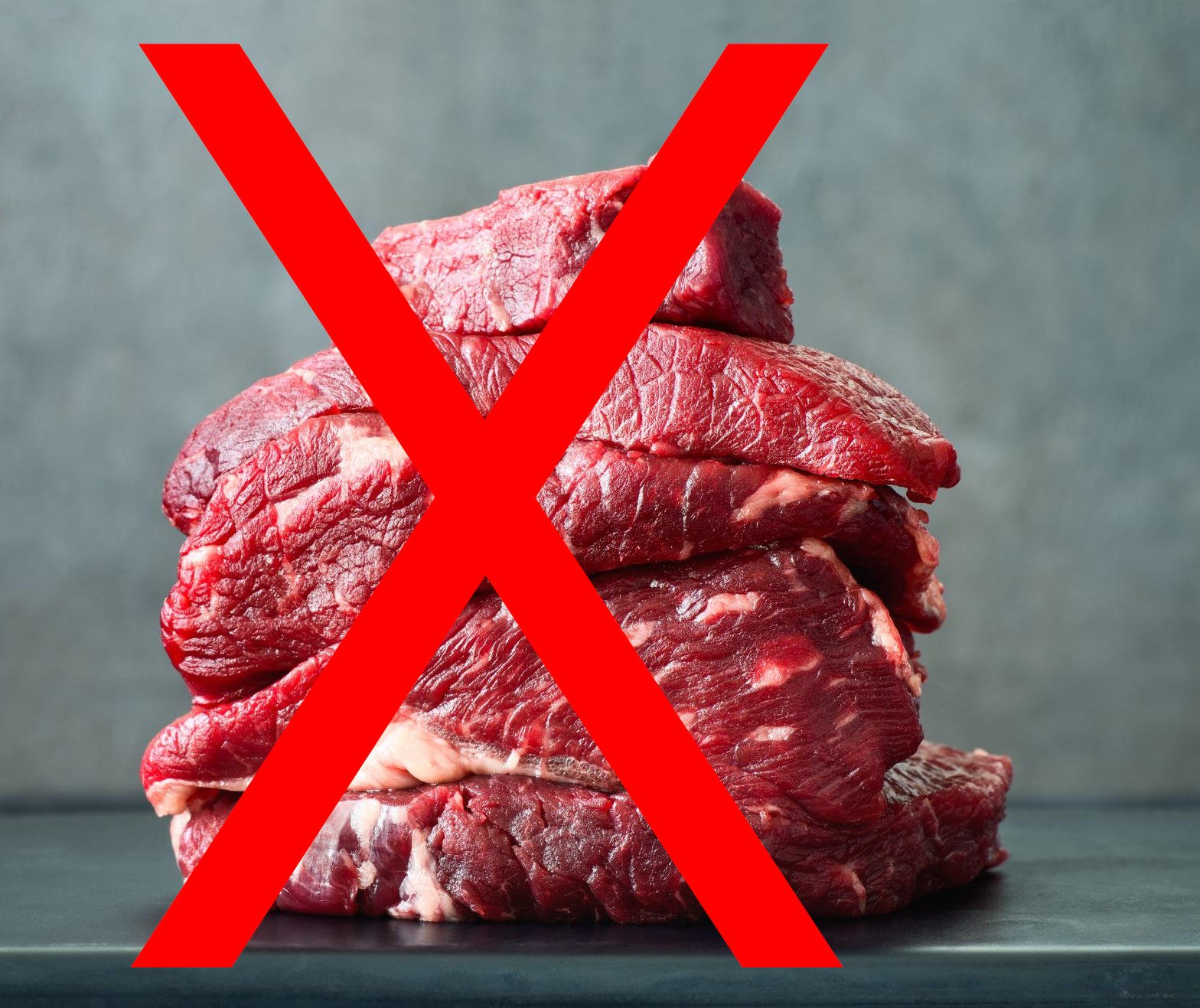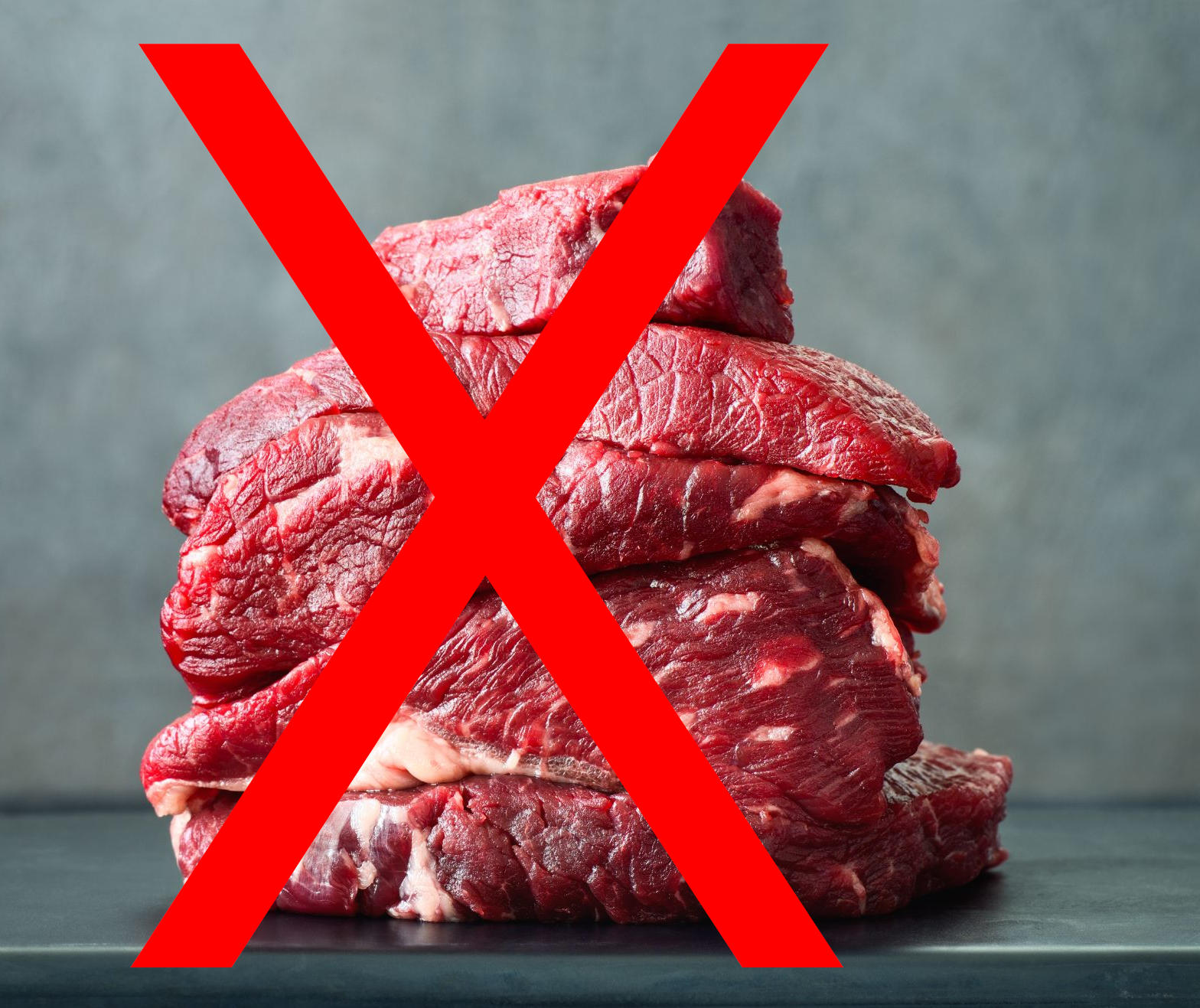
The evaluation finds that for each kilogram of beef meat changed with a kilogram of Spirulina, one can save practically 100 kilograms of greenhouse gasoline emissions, 340 sq. meters of land, and 1,400 liters of water.
In a latest examine led by Dr. Asaf Tzachor, a researcher at Reichman College’s College of Sustainability, it has been urged that Iceland may play a key function in the way forward for meals manufacturing. The evaluation highlighted a cutting-edge facility in Iceland that cultivates Spirulina algae, a extremely nutritious supply of protein, iron, and important fatty acids.
A brand new examine, led by Dr. Asaf Tzachor in collaboration with a world crew of scientists, has evaluated a state-of-the-art biotechnology system that grows Spirulina. The system, developed and run by Vaxa Impression Vitamin, is situated on the ON Energy Geothermal Park in Iceland, and takes benefit of assets out there by way of the Hellisheidi energy station, together with renewable electrical energy for lighting and energy utilization, cold and hot water streams for temperature management, freshwater for cultivation, and carbon dioxide for biofixation.
The analysis crew discovered that the dietary high quality of the Spirulina produced by this technique is superior to that of beef by way of protein, important fatty acids, and iron, and may function a wholesome, protected, and extra sustainable different to meat in each day diets.

Biotechnology firm Vaxa’s facility in Iceland, which operates the manufacturing system. Credit score: Pétur Gunnarsson, Vaxa Iceland
In response to the examine, for each kilogram of beef meat changed with Icelandic Spirulina, customers will avoid wasting 1,400 liters of water, 340 sq. meters of fertile land, and practically 100 kilograms of greenhouse gases emitted into the environment. Furthermore, the algae could also be consumed in several kinds, together with as moist biomass, or within the type of paste, powder, or capsule. For instance, one can use Icelandic Spirulina powder as an ingredient in pasta, pancakes, and pastries, or drink an Icelandic Spirulina shake.
Whereas the function of meat in human diets has been instrumental, its ecological footprint is appreciable and detrimental. Elevating beef cattle requires arable lands and feedstocks, and emits greenhouse gases into the environment contributing to local weather change and international warming One kilogram of beef requires roughly 1,450 liters of water and 340 sq. meters of fertile land. Furthermore, the manufacturing of 1 kilogram of beef meat leads to the emission of about 100 kilograms of greenhouse gases.

Dr. Asaf Tzachor from the College of Sustainability at Reichman College. Credit score: Gilad Kavalerchik
Because the demand for animal-source proteins grows, so do the damages brought on by the livestock sector. As a response, humanity is trying to find novel methods to make sure its dietary safety, together with the provision of different protein sources, nutritional vitamins, and important minerals.
Algae, particularly Spirulina, are thought-about among the many simplest meals producers on earth and may be cultivated utilizing completely different strategies. On this examine, Spirulina is cultivated in closed, managed techniques, utilizing superior photonic administration strategies (managed publicity to desired wavelengths), completely remoted from the tough Icelandic setting.
This biotechnology system is exceptionally resilient to fluctuations in environmental and weather conditions. It may be deployed in a modular vogue in several areas of the world. Furthermore, Spirulina is an autotrophic organism and depends on photosynthesis and a supply of carbon dioxide. Thus, unlike many other alternative protein sources, cultivating this food source removes greenhouse gases from the atmosphere and mitigates climate change.
Dr. Asaf Tzachor, from the School of Sustainability at Reichman University: “Nutritional security, climate change mitigation, and climate change adaptation can go hand in hand. All consumers must do is adopt a bit of Icelandic Spirulina into their meals and diets instead of beef meat. It’s healthier, safer, and more sustainable. Whatever change we wish to see in the world should be manifested in our dietary choices.”
Reference: “Environmental Impacts of Large-Scale Spirulina (Arthrospira platensis) Production in Hellisheidi Geothermal Park Iceland: Life Cycle Assessment” by Asaf Tzachor, Asger Smidt-Jensen, Alfons Ramel and Margrét Geirsdóttir, 7 September 2022, Marine Biotechnology.
DOI: 10.1007/s10126-022-10162-8
Supply By https://scitechdaily.com/want-to-eat-healthy-and-save-the-planet-scientists-recommend-replacing-beef-with-this/
